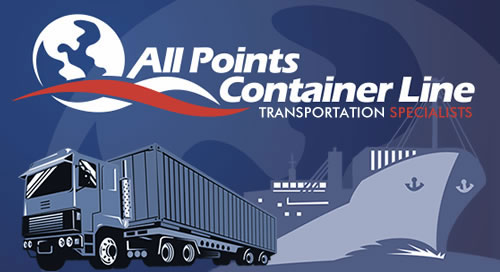It’s the start of another year, and everyone is wondering what’s in store for the logistics industry in the months to come. Let’s take a look.
The Brexit Effect
Brexit undeniably caused a lot of problems for the industry in 2019, and the future is still unknown. Since the UK’s trade deal won’t be made until the end of this year, there’s a lot of frustration among businesses that will be directly affected. Whatever deal is made will likely cause tension with the EU, so transport delays are likely. However, the logistics industry is highly adaptable, and FTA will be advising the government on the needs of the industry.
A Skills Shortage
The 2019 Logistics Skills Report from FTA noted a significant labor shortage across the sector. 64% of logistics businesses struggle to fill labor vacancies. The report also revealed a shortfall of almost 60,000 HGV drivers, and an additional 33% are expected to retire over the next five years. To combat this skill shortage, the FTA will continue to work with the government to change the current Apprenticeship Levy in favor of a Skills Levy, which would use unused funds for more flexible training programs for those that don’t qualify for apprenticeship funding.
Environmental Factors
The logistics industry is feeling the pressure from the government to address climate change and improve air quality. Because of this, “zero-emission capable” or ZEC requirements will begin starting in Oxford. These new requirements will present practical challenges for road transport, as well as across the entire industry. The FTA will also continue to press for the electrification of the rail industry. The hold-up has always been the enormous cost, but the time has come for real change. Research shows that with proper funding allocation from the government, full electrification should be possible by 2033.
It will be interesting to see how all of this affects our industry in the year to come.

